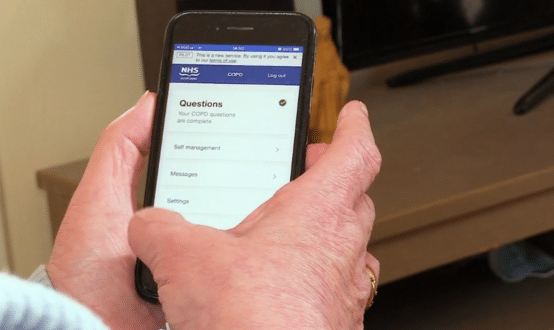NICE backs computerised cognitive behaviour therapy
- 31 March 2005
GPs across England are set to gain access to computerised cognitive behaviour therapy (CCBT) as an option for treating mild to moderate depression, following the latest recommendations from updated guidance from the National Institute for Clinical Excellence (NICE).
In provisional guidance NICE has recommended three separate CCBT programmes – Beating the Blues, Cope and Overcoming Depression – though its review of the clinical and economic research evidence bases concludes that evidence for the treatments is still ‘limited’. The guidance is scheduled to be ratified this September.
NICE evaluated and rejected CCBT packages as a treatment option for the treatment of panic or phobia (Fearfighter), or for the treatment of obsessive compulsive disorder (BT Steps) – except as part of ongoing or new clinical studies that are designed to generate robust and relevant data on the incremental costs and benefits.
The latest guidance means that CCBT programmes could soon become a treatment option PCTs are required to provide, in addition to conventional care provided by therapists.
The NICE guidance states: "CCBT (Beating the Blues, Cope, Overcoming Depression) is recommended as one option for the treatment of mild and moderate depression within the stepped-care approach, as outlined in the current NICE clinical guideline for the management of depression in primary and secondary care".
Graham Lewis. Chief Executive of Ultrasis, which supplies Beating the Blues, welcomed the announcement. "This is very significant and extremely good news. In its guidance two years ago NICE expressed caution, since then we’ve documented, through evidence, that CCBD works and that it is cost effective."
Lewis added that use of CCBD packages for mild and moderate depression was in line with the National Service Framework for mental health. Ultrasis has so far sold approximately 150 licences for Beat the Blues to NHS PCTs, surgeries and clinics.
Should NICE ratify its guidance in September, PCTs will be obliged to provide CCBT treatments within three months.
The NICE guidance, which is open to consultation until mid-April, concludes: "In studies reporting accurate estimates of therapist time, CCBT appears to reduce therapist time compared with TCBT [therapist-provided cognitive behaviour therapy] and is therefore of use where access to TCBT is limited."
However, NICE heavily qualifies its recommendations stressing that further research is needed. "These conclusions are subject to substantial uncertainties around the organisational level for purchasing these products and the likely throughput. This is in addition to concerns with the quality of evidence on response to therapy, longer term outcomes and quality of life."
NICE identifies a series of research priorities, including the need for research by independent researchers and randomised control trials that include patient preference in trial design. It also states: "The position of CCBT within a stepped programme needs to be identified as well as its relationship to other efforts to increase access to CBT and psychological therapies."
Links
NICE: Depression and anxiety – computerised cognitive behaviour therapy
Beating The Blues
FearFighter




